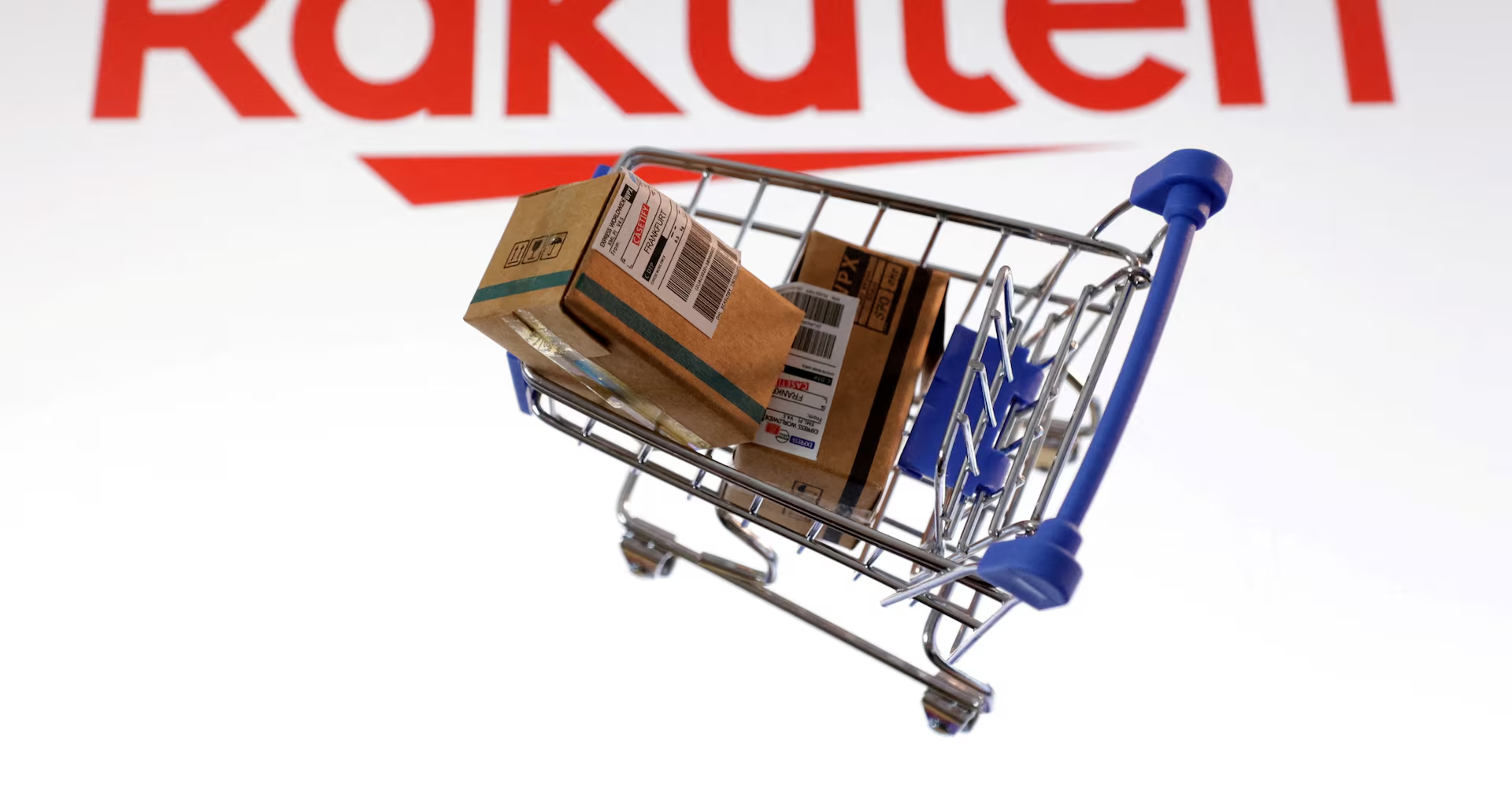Vets in the UK could be forced to publish their prices and whether they are part of a larger group after an investigation by the markets watchdog into claims chain-owned surgeries have left pet owners with dwindling choice and higher bills.
The Competition and Markets Authority (CMA) found pet owners pay 16.6% more on average at large vet groups than at independent vets and called for a market that is “not fit” for purpose to be modernised.
Publishing its findings on Wednesday of an investigation into how veterinary services operate in Britain, the regulator found that owners were often unaware of the prices of commonly used services and whether their local practices are part of large national chains.
It said customers have no effective way of comparing vet prices when they get a pet or move areas and may be paying twice as much for commonly prescribed medicines from vet practices than they could pay online, often hundreds of pounds more.
The CMA proposed 21 measures, including making vet businesses publish comprehensive price lists, be clear if they are part of a large group, and make sure that their policies and processes allow vets to act in the best interests of pets and pet owners.
It also advised better information treatments, a price cap on written prescriptions and a new comprehensive price comparison website.
The findings are provisional, with interested parties now having until next month to make submissions before a final decision is published next year.
The current regulatory system dates back to 1966. It only regulates individual veterinary professionals and not vet businesses, even though most practices are part of a large corporate group.
The CMA found that acquisitions among larger companies led to an increase of 9% in average prices four years later.
It said many of the concerns raised with it relate to the six large veterinary groups, which own the majority of practices, and have owners who are not vets.
Two of them are listed companies (CVS and Pets at Home), three (IVC, VetPartners and Medivet) are owned by private equity investors, and Linnaeus is owned by Mars Petcare.
after newsletter promotion
It said its proposals, if implemented would enable pet owners to choose the right vet, the right treatment, and the right way to purchase medicine – without confusion or unnecessary cost.
Martin Coleman, the chair of the inquiry group, said: “Pet owners are often left in the dark, not knowing whether their practice is independent or part of a chain or what a fair price looks like.
“They are sometimes committing to expensive treatment without understanding the price in advance. And they do not always feel confident asking for a prescription or buying medicine online – even when it could save them hundreds of pounds.”





